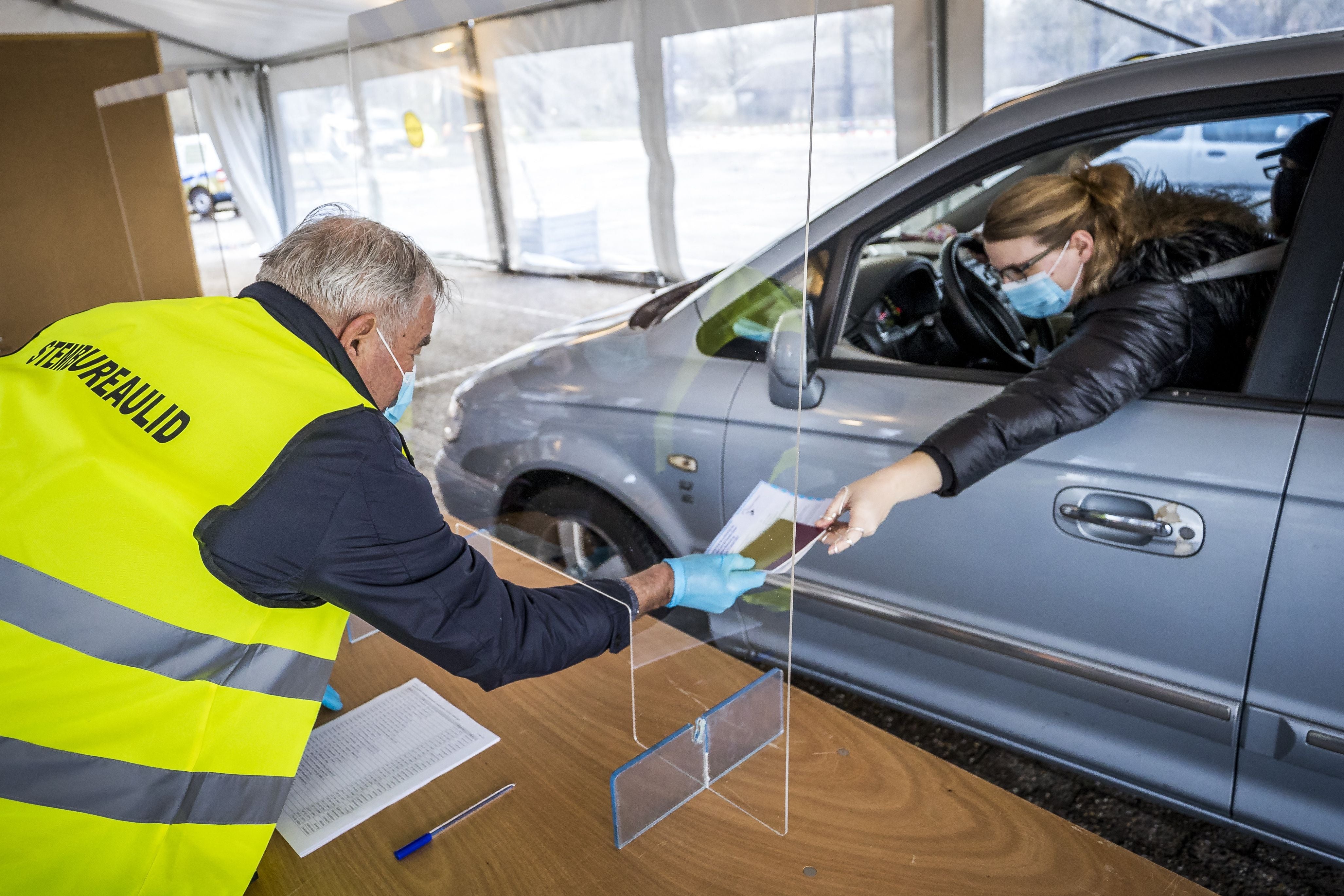Dutch begin voting in general election
Voting will take place over three days because of social distancing rules

Your support helps us to tell the story
From reproductive rights to climate change to Big Tech, The Independent is on the ground when the story is developing. Whether it's investigating the financials of Elon Musk's pro-Trump PAC or producing our latest documentary, 'The A Word', which shines a light on the American women fighting for reproductive rights, we know how important it is to parse out the facts from the messaging.
At such a critical moment in US history, we need reporters on the ground. Your donation allows us to keep sending journalists to speak to both sides of the story.
The Independent is trusted by Americans across the entire political spectrum. And unlike many other quality news outlets, we choose not to lock Americans out of our reporting and analysis with paywalls. We believe quality journalism should be available to everyone, paid for by those who can afford it.
Your support makes all the difference.Elderly and vulnerable Dutch voters on Monday began casting ballots at bike-thru polling stations, churches and conference centres as three days of socially-distanced elections got underway in the Netherlands.
Prime Minister Mark Rutte, one of Europe’s longest-serving leaders, is widely expected to gain enough support to secure a fourth term.
Polls indicate Mr Rutte’s conservative VVD taking 21-26 per cent of the vote, compared with 11-16 per cent for its closest rival, Geert Wilders’ anti-Islam Freedom Party, which leads the parliamentary opposition.
Read more:
Without large face-to-face public events possible, the election campaign consisted of televised debates in which Mr Rutte maintained his image as a steady hand during a time of crisis.
But coronavirus infections in the Netherlands are rising at the fastest pace in months. The Dutch are attempting to scale up a vaccine campaign that was the last in the European Union to start.
Late on Sunday night, the government halted for at least two weeks the use of the AstraZeneca vaccine, of which it pre-ordered 12 million doses, in response to possible unexpected side effects.
The National Institute for Health (RIVM) has advised against any swift easing out of lockdown, saying that hospitals could still be overwhelmed in a third wave of the pandemic driven by more contagious variants.
Amid a ban on gatherings of more than two people, restaurants and bars shut and the first night-time curfew since World War Two, voting has been spread over three days to ensure social distancing at polling stations.
Vulnerable groups and the elderly, who have also been given expanded mail-in and proxy voting options, were encouraged to vote on the first two days, with the general public following on Wednesday.
“There is some distance and it gives a completely different feeling,” said Atty Gelling, 80, voting in a Protestant church in the town of Amstelveen, just south of the capital Amsterdam. “But yes, it is nice that we can vote. There is no other way in these times.”
Roughly 13 million voters are eligible to pick from dozens of parties contesting spots in the 150-seat parliament. The first exit poll is expected shortly after voting ends at 8pm GMT on Wednesday.
Major parties including Labour, the Green-Left and the pro-education Democrats-66 are vying with the centre-right Christian Democrats for third place. Two or three of these will likely join a new VVD-led coalition.
Mr Rutte, 54, has been Dutch prime minister since 2010.
Reuters
Join our commenting forum
Join thought-provoking conversations, follow other Independent readers and see their replies
Comments